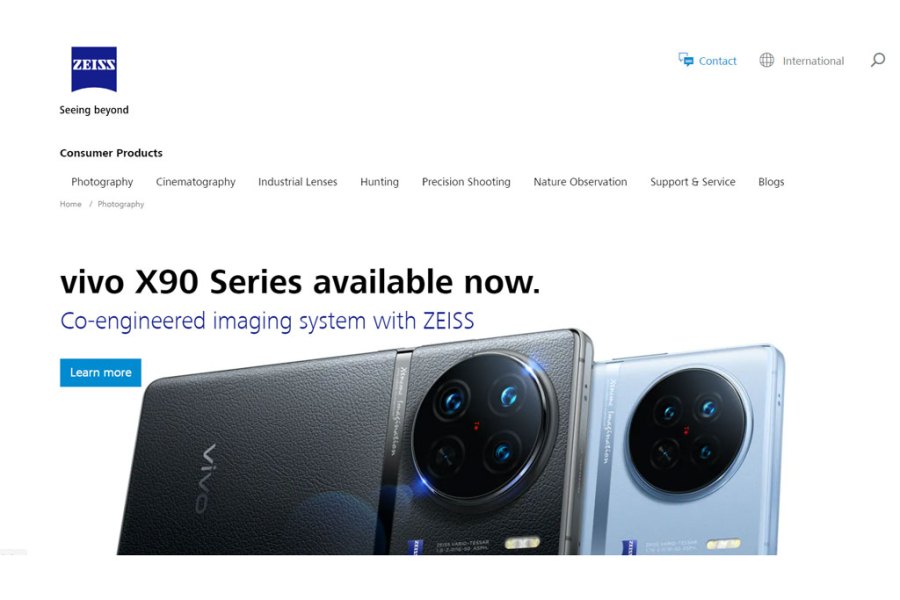Zeiss has said in a statement that no, it not leaving the photography industry. This follows an unconfirmed report last week on Fred Miranda forums claiming that the company’s Australian distributor had said that Zeiss was discontinuing its lenses and filters leading to speculation Zeiss might be leaving the photo industry.
Zeiss points out to its website and Amazon as proof that it is still promoting and selling photo lenses, despite having to ‘face the facts’ after the pandemic. The company then goes on to highlight its efforts in mobile imaging, citing how everyone including professional photographers increasingly prefer their smartphones for all-day photography.
DPReview asked the company for more detail about what has been cut, per the comment about facing facts and noted that many of the lenses Zeiss has historically produced have been for Canon’s EF and Nikon’s F DSLR mounts, which are likely to be in decline, given that both Canon and Nikon have shifted their focus to producing mirrorless cameras and lenses for mirrorless systems.
It is also worth noting that Zeiss has not produced a camera lens since the Zeiss Batis 40mm f/2 CF in 2018 and that following that the company has seemed to mainly focus on smartphones apart from the $6000 / £5,400 fixed-lens Zeiss ZX1 camera, which was discontinued earlier this year.
Read Zeiss’s full statement below:
‘Zeiss has not withdrawn from the photo lens market.
A simple look at https://www.zeiss.com/consumer-products/int/photography.html or amazon.com shows that we are still promoting and selling our photo lenses.
But we have to face the facts. In the first months of the pandemic, the global market declined significantly and irreversibly. And companies have to adapt.
And, of course, we are bringing our unique expertise to mobile imaging. Because it is also clear that consumers, as well as ambitious and professional photographers, increasingly prefer their smartphones for all-day photography.’
Related content:
Follow AP on Facebook, Twitter, Instagram, YouTube and TikTok.








